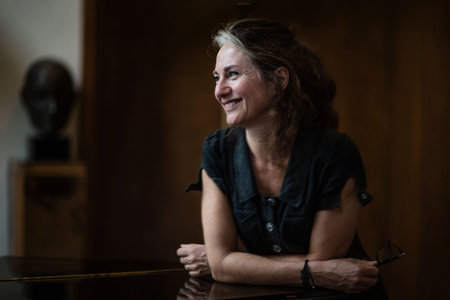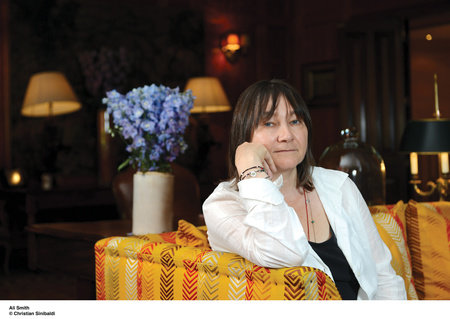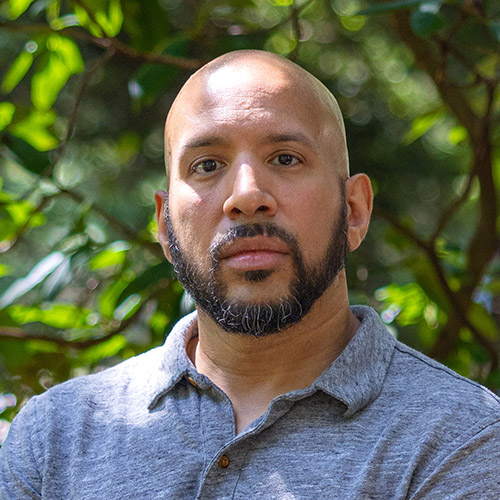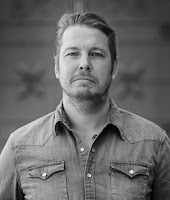THE HISTORY OF LOVE
BY NICOLE KRAUSS | PUBLICATION: JANUARY 1, 2005NORTON | GENRE: LITERARY FICTION
RATING: ★★★★★
"This book was hard to forget."
Across New York an old man called Leo Gursky is trying to survive a little bit longer. He spends his days dreaming of the lost love who, sixty years ago in Poland, inspired him to write a book. And although he doesn't know it yet, that book also survived: crossing oceans and generations, and changing lives...
In 2013, I wrote a review of Nicole Krauss’s The History of Love that tried—however inadequately—to capture the emotional gravity of the novel. I described it as a book that moved me to tears and laughter, often within the same page. It was a story that felt too vast for words, yet too intimate to ignore.
Now, more than a decade later, I return to it not just as a reader, but as someone who has lived through a global shift. The COVID-19 pandemic changed the way we see ourselves, especially the way we see the elderly. And in that shift, Leo Gursky’s quiet desperation to be remembered feels more urgent, more universal.
Leo Gursky: Then and Now
Leo Gursky’s fear of being forgotten—his desperate need to be seen—is one of the most enduring emotional threads in The History of Love. He was afraid of dying alone, of being invisible. In 2005, when the book was published, that fear felt poetic. Today, it feels prophetic. In the years since the book’s release, the world has changed dramatically, especially in how older adults navigate visibility and connection.
During the pandemic, countless seniors were isolated—cut off from family, community, and routine. Many died without the comfort of presence, without the rituals of remembrance. Leo’s fear became reality for too many. His outrageous acts to be seen—dropping things in public, making noise—mirror the silent pleas of those who simply wanted someone to remember they were still here.
Technology helped some. Video calls, social media, and digital archives offered new ways to connect. But Leo’s story reminds us that visibility isn’t just about being online—it’s about being remembered, being valued, and being loved. And while technology offers new avenues, it’s the human connections behind the screens that truly matter.
If Krauss Wrote The History of Love Today…
Nicole Krauss’s writing already dances with metaphysical questions and emotional truths. Post-pandemic, I imagine her lens would be even more introspective, more attuned to the quiet devastations and unexpected connections that defined those years. I imagine a different kind of Leo. One who struggles with Zoom, who writes tweets no one reads, who leaves voice messages that go unheard. His invisibility would be digital, not just physical. The book within the book might be a forgotten PDF, a digitized manuscript buried in cloud storage. The idea of legacy would shift from paper to pixels, raising questions about permanence in a world of endless scroll. Krauss’s themes—memory, displacement, love—would deepen. The novel might explore how time collapsed during lockdowns, how grief became disoriented without touch, and how connection became both more possible and more elusive.
Perhaps that's why I've never been able to throw anything away.
Perhaps that's why I hoarded the world: with the hope that when I died,
the sum total of my things would suggest
a life larger than the one I lived.”
Why This Book Still Matters?
The History of Love is a mirror. It reflects our longing to be remembered, our fear of vanishing, and our hope that love—once written, once felt—can ripple through time. Revisiting it now is a literary nostalgia. It’s a reckoning. It’s a way to honor those who felt invisible, to remember those we lost, and to remind ourselves that being seen is a human need that transcends age, technology, and even pandemics.
Closing Reflection
This book was hard to forget.
In a post-pandemic world, where silence and absence have left their mark, the profoundness of being merely remembered feels sacred. And I marvel.
TWITTER | INSTAGRAM | PINTEREST | TUMBLR | BLOGLOVIN | GOODREADS
Nicole Krauss has been called “one of American’s most important novelists and an international literary sensation” by the New York Times, “a contemporary master,” by Esquire, and “one of American’s greatest writers” by the Financial Times. She is the author of the international bestsellers, Forest Dark, Great House (a finalist for the National Book Award and the Orange Prize) and The History of Love, which won the Saroyan Prize for International Literature and France’s Prix du Meilleur Livre Étranger, and was short-listed for the Orange, Médicis, and Femina prizes. Her first novel, Man Walks Into a Room, was a finalist for the Los Angeles Times Book of the Year. Her short stories have been published in The New Yorker, The Atlantic, Harper’s, Esquire, and Best American Short Stories, and were collected in To Be a Man, which received the Wingate Award. She was the inaugural Writer-in-Residence at the Zuckerman Mind, Brain and Behavior Institute at Columbia University, and has received fellowships from the Guggenheim Foundation, the American Academy in Berlin, and the Cullman Center at the New York Public Library. Her books have been translated into 38 languages. Photo by Goni Riskin.
























